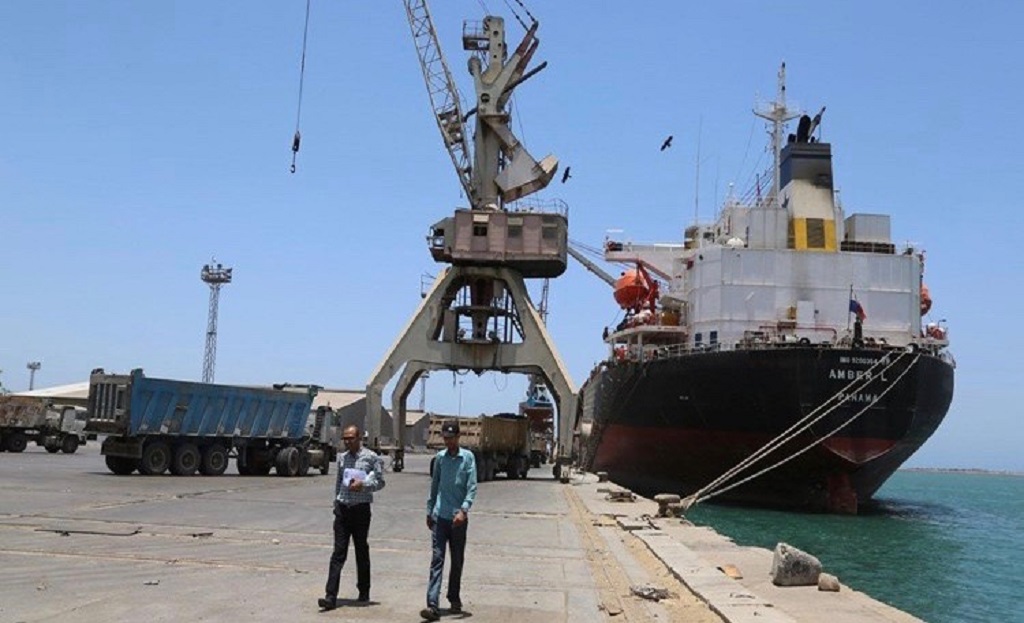Hodeidah port under the control of the National Salvation Government of Yemen, despite the United Nations reneging on its promises to repair the destruction left by the attacks of the Saudi aggressor coalition, is operating, albeit limited, with the aim of ensuring the continuation of humanitarian aid to the Yemeni people and also increasing the number of commercial tankers.
Faraan: According to Al-Alam correspondent in Yemen, the continuation of the activities of Yemen’s Hodeidah port while the United Nations has shied away from its promise to repair the damages left by the aggression of the Saudi coalition, and on the other hand, the aggressor countries have always tried to stop the movement of navigation in Yemen.
Al Hodeidah port is the gateway of humanitarian and economic aid to Yemen and the most important and biggest competitor of the ports in the region. For years, it has played an important role in reducing the severity of the blockade of Yemen and has been able to overcome many problems and obstacles caused by piracy.
Akram Abdo Hamreh, the head of Yemen’s Red Sea Ports Organization, told Al-Alam reporter: “Hodeidah port used to receive many and varied ships in the past, from commercial containers carrying timber, iron and cement to food containers, but now only one or it does not see two ships in a month, in addition to a UN ship that arrives in Hodeida every month and contains 100 containers.
On the 17th of August 2015, the giant cranes of this port were clear strategic targets of the aggressor countries. These countries attacked these cranes five times and turned them into a pile of scrap metal. The aggressor countries have declared this human port as a military port due to its ability to receive the world’s largest cargo ships, so that they can easily attack it without paying attention to the large number of workers who are their only source of sustenance.
Officials of Yemen’s Red Sea Ports Organization are now trying to convince international partners and UN-affiliated organizations to continue the operations of importing basic needs and providing food supplies.










